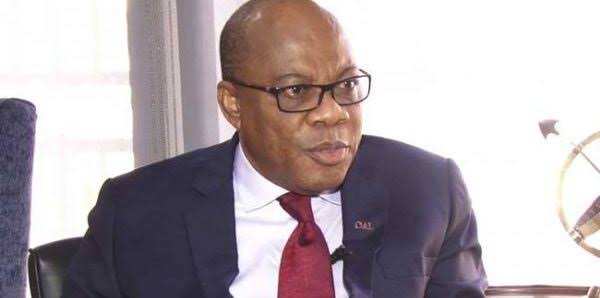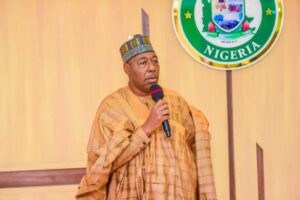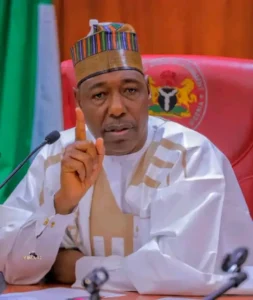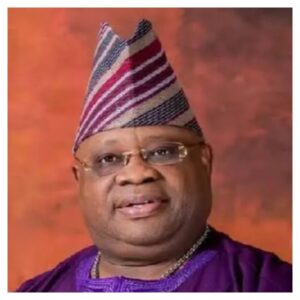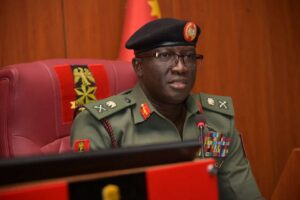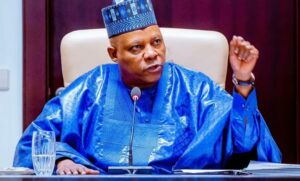In recent developments, Olisa Agbakoba, a prominent lawyer and former President of the Nigerian Bar Association (NBA), has raised significant concerns regarding the legitimacy of the Economic and Financial Crimes Commission (EFCC). He argues that the EFCC was unconstitutionally established and that its powers surpass those of the National Assembly. This assertion could have profound implications for Nigeria’s legal and political landscape.
In a letter sent to the National Assembly on October 14, 2024, Agbakoba clearly stated his position. Addressed to both Deputy Senate President Barau Jibrin and Deputy Speaker Benjamin Kalu, he contended that “the EFCC is unconstitutionally established.” According to him, the authority under which the EFCC operates exceeds the constitutional powers granted to the Senate and the House of Representatives.
This claim is serious, as it questions the foundation upon which the EFCC was built. If true, it raises critical issues about the validity of its actions and decisions in combating financial crimes and corruption.
Agbakoba’s argument centers around the idea that the EFCC’s extensive powers encroach upon the legislative authority of the National Assembly. This situation could lead to conflicts between the EFCC and the legislative bodies, undermining the checks and balances fundamental to Nigeria’s democratic system.
The EFCC was created to tackle corruption, financial crimes, and money laundering, and has often been seen as a critical tool for law enforcement. However, if its establishment lacks constitutional grounding, it could compromise not only the EFCC’s legitimacy but also the broader efforts to combat corruption in Nigeria.
While Agbakoba commended the leadership of the Senate Committee on Constitution Review, he emphasized the need for better coordination among law enforcement agencies in their fight against corruption. He pointed out that a lack of harmony among these bodies hampers their effectiveness and the overall integrity of the system.
To address these concerns, Agbakoba is advocating for a public hearing that would allow stakeholders, including legal experts, lawmakers, and civil society organizations, to discuss these constitutional issues openly. He believes that such a forum could lead to necessary reforms aimed at strengthening Nigeria’s legal frameworks, especially regarding law enforcement and anti-corruption measures.
Several states in Nigeria are preparing to challenge the constitutionality of the EFCC. Agbakoba argues that these challenges could clarify the EFCC’s legal status and lead to critical discussions on its future role in the country. If courts rule in favor of the challenges, it could reshape how anti-corruption efforts are conducted in Nigeria, requiring a reevaluation of the EFCC’s powers and its relationship with other government institutions.
